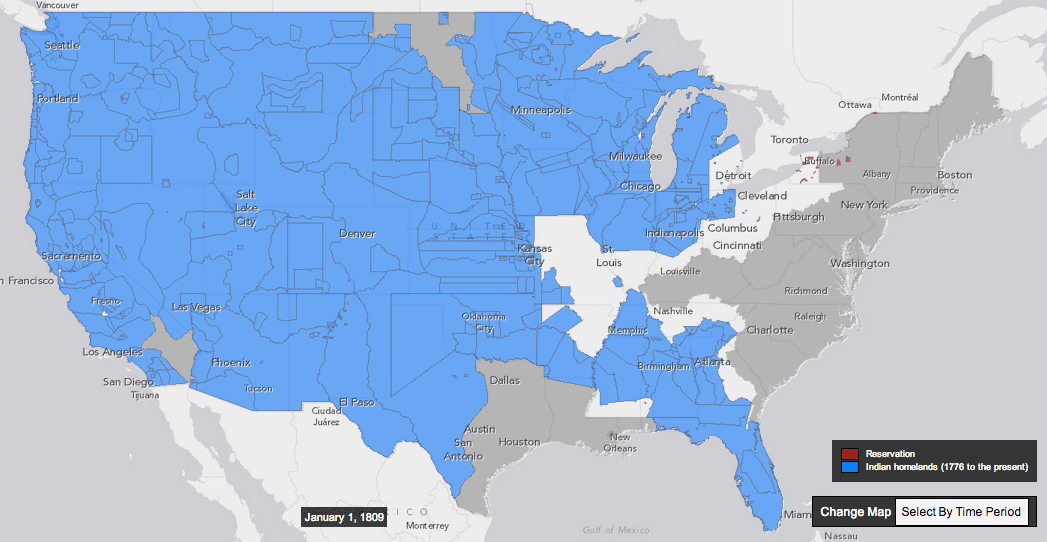By Professor Susan A. Schneider
This website is for educational purposes only. It does not provide legal advice. It is designed as a companion website to the book Food Farming & Sustainability, but it is also a publicly available freestanding resource. While efforts will be made to keep resources current, I cannot promise that I will keep ahead of all of the changes. Links to other helpful resources will be provided.
It's been tough to keep up with all the new developments. Stay tuned - I am working on it and providing updates each week as I teach my course.

Updates
Challenges to USDA Efforts to Assist Underserved Farmers
(Updates as of Oct. 19, 2025)
President Trump and many of his supporters, including the architects of Project 2025 have long opposed USDA efforts to "level the playing field" in agriculture by providing assistance to farmers that are not traditionally served by the USDA farm safety net - "underserved farmers." The chronology below explains some of the significant efforts.
-
Before President Trump was even elected, supporters of his efforts brought a challenge to USDA's targeting of emergency program assistance to underserved farmers including women and minorities. They were successful in the Texas District Court decision of Strickland v. USDA, 736 F.Supp.3d 469 (D.C., N.D. Tex. 2024). The court enjoined the USDA from proceeding by issued a preliminary injunction. The case is onging. A similar complaint was filed in Texas Farm Bureau v. USDA challenging
"preferential treatment" under the Non-Insured Disaster Assistance Program. That case has been put on hold pending the outcome in Strickland.
-
The Trump administration came into office promising to end all diversity efforts, issuing Executive Order “Ending Radical and Wasteful Government DEI Programs and Preferencing” on his first day in office, January 20, 2025.
-
Pursuant to President Trump's Executive Order, the new Secretary of the USDA, Brooke Rollins issued a "memorandum to rescind all Diversity, Equity, Inclusion, and Accessibility (DEIA) programs and celebrations. Instead, USDA will reprioritize unity, equality, meritocracy, and color-blind policies."
“We will neither commemorate nor celebrate our immutable characteristics, neither among ourselves nor among Americans at large. We will instead celebrate the things that make us American: merit, faith, and liberty first among them. All Americans deserve equal dignity, and at this Department they will receive it. On this precipice of the 250th anniversary of our Revolution, we will rededicate ourselves to ‘the proposition that all men are created equal.’”
-
Grants and cooperative agreements that are targeted to underserved farmers and ranchers were put under review most were rescinded.
-
Relying on the rationale of the Strickland preliminary injunction order and on President Trump's EO, USDA Secretary Rollins promulgated a final rule eliminating many of the USDA efforts to provide special assistance to underserved farmers.
-
See USDA Press Release (July 10, 2025)
-
90 Fed. Reg. 30,555 (July 10, 2025).
-
-
In September 2025, USDA published a notice in Federal Register that addressed additional emergency programs, 90 Fed. Reg. 44,623 (Sept. 16, 2025).
Other Updates
-
On October 8, 2025, the Sixth Circuit Court of Appeals rejected the plaintiff's arguments in the case of Black Farmers Agric. Ass’n Inc. v. Vilsack, --- F4th ---, 2025 WL 2848612 (6th Cir. 2025). In this case, the Black Farmers and Agriculturalists Association Inc. and its members sought reversal of the district court's dismissal of their action. The suit alleged the USDA’s Discrimination Financial Assistance Program “perpetuates historic racial discrimination” by excluding the claims of heirs of deceased farmers and landowners subjected to discrimination by the USDA. The Sixth Circuit court held that the program did not extend to relatives of deceased farmers, and the exclusion of relatives from the assistance program did not violate the relatives' statutory right to “inherit … property” on “same” basis as “white citizens of the United States.”
From the Archives:
The gif posted below provides a graphic representation showing the decline of Indian homelands from 1776 to 1887. Blue indicates lands held by Indian tribes; red indicates reservation land. This is the work of University of Georgia historian, Claudio Saunt to supplement his book, West of the Revolution: An Uncommon History of 1776. The graphic was created with the assistance of State magazine's Rebecca Onion as is available on the Vox website, The Theft of Native American's Land, in One Animated Map (June 19, 2014).
Websites
General Legal Resources
-
U.S. Code (statutes)
Agricultural Law Resources
Information on Civil Rights
-
Appreciation is expressed to Shirah Dedman for her assistance in work on the archived Resources for Black Farmers page.


The Indigenous Food & Agriculture Initiative enhances health and wellness in tribal communities by advancing healthy food systems, diversified economic development and cultural food traditions. It works to empower tribal governments, farmers, ranchers and food businesses by providing strategic planning & technical assistance; creating new educational programs in food systems & agriculture; and increasing student enrollment in food & agricultural related disciplines.
2010 - present
2010 - present

